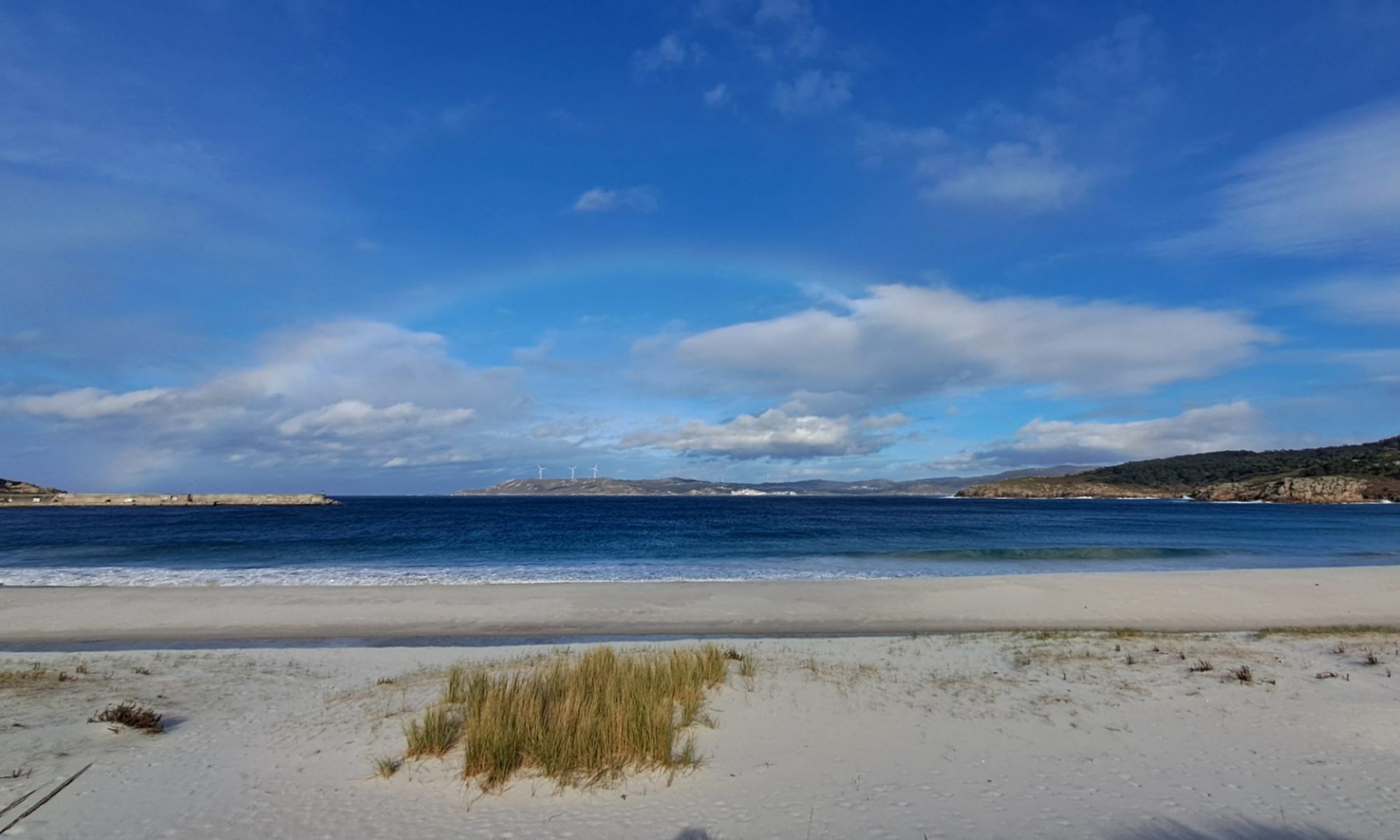Part five of my notes from The Scottish Enlightenment.
In the lowlands a revival of highland culture took place. Rabbie Burns produced his great poems and the works of a long lost Gaelic poet called Ossian were translated by McPherson into English. The Ossian poems included epic works of beauty and courage including one of 8 volumes. They caught the publics imagination and sold in huge numbers, people were surprised to learn that Gaelic culture could have produced such high art work. They turned out to be complete forgeries but remained very popular. Walter Scott, a lawyer from the borders, did go round the countryside collecting Scotland’s oral history through passed on verses and published it very successfully. He was a Tory and liked the old notions of a romantic history. His most successful works were his Waverly novels (after which the train station was named), the first of which stars an English army man called Waverly who became a Jacobite and fought for Charles Stuart. Scott had invented the historical novel and it sold in its thousands. The successors to Scott are the likes of Tolstoy, Balzac and of course Robert Luis Stevenson. Scott’s novels played on cultural conflict, highland against lowland, English against Scottish, Christian against Jew etc. The Waverly novels defined a Scottish history as being the highland history and Scottish culture as being highland culture. Scott had met and got on well with the Prince of Wales who became George IV. In 1822 George visited Scotland, the first monarch to do so since James IV had left. Scott had convinced the fat and spoilt king that he could be like the romantic Charles Stuart. He started by searching Edinburgh Castle for the ancient Scottish crown jewels which after a lengthy hunt the discovered in a cellar, untouched since 1707 when they were last used. 300,000 people turned up for his visit to Edinburgh, one in seven of the population. Scott and the city had spent months preparing processions based on those of the opening of the old Scots Parliament but including as much tartan and highland imagery as possible. Only 5 clan chiefs turned up, including the MacGregors trying to loose their old royal problems and the Sutherlands trying to loose their image as cruel highland clearance drivers. The visit was a massive success and turned the highland costume, banned until recently as the outfit of savages into the romantic traditional dress it is today. A wool manufacturers called Wilsons of Bannockburn started attaching tartans to clan names and lowland feudal areas. When the Tartan society of Edinburgh started cataloguing the tartans there were surprised when the clan chiefs had no idea which was theirs. The clan chiefs were soon caught up in the spirit and eventually two men claiming to be the illigitimate descendents of Charles Stuart published a catalogue of tartans which they claimed to have found from Queen Mary’s old collection. It was Ossian all over again.
Scotland was beginning to lead the way in the sciences. James Watt developed the steam engine from a tool used to pump water into a machine which could make a continuous motion, it started the industrial revolution and he monopolised the industry with a patent for 25 years. The field of medicine was revolutionised by the hands on approach of Edinburgh University, at Oxbridge doctors were not allowed to touch their patients. A type of doctor called the General Practitioner was developed and lectures started being given in English. Unlike in England at Scottish universities anyone could participate not just Anglicans. James Hutton studied medicine but created the field of geology by publishing a book which said the earth’s age was much older than the bible said and the layers in the rocks were sediments from past ages. Scottish engineers were became the best in the world, firstly John McAdam devised a mix of crushed stones and gravel that would develop into today’s tarmacadam and secondly Thomas Telford who created a fantastic amount of roads, bridges, aquaducts, harbours and canals. The Caledonian Canal was his greatest achievement (out of many great achievements) costing a huge sum of a million pounds. It was the model for the Suez and Panama canals (Telford wanted to build a canal in Panama at Darien where Scotland’s colonial failure had happened years before but died before he could). Glasgow’s tobacco lords gave way to textiles, ironworks and shipbuilding and the population expanded four fold from 77,000 to 275,000. Only 5% of these were highlanders, most were Irish looking for work. Glasgow also saw the first class tension with riots and trade unions.








